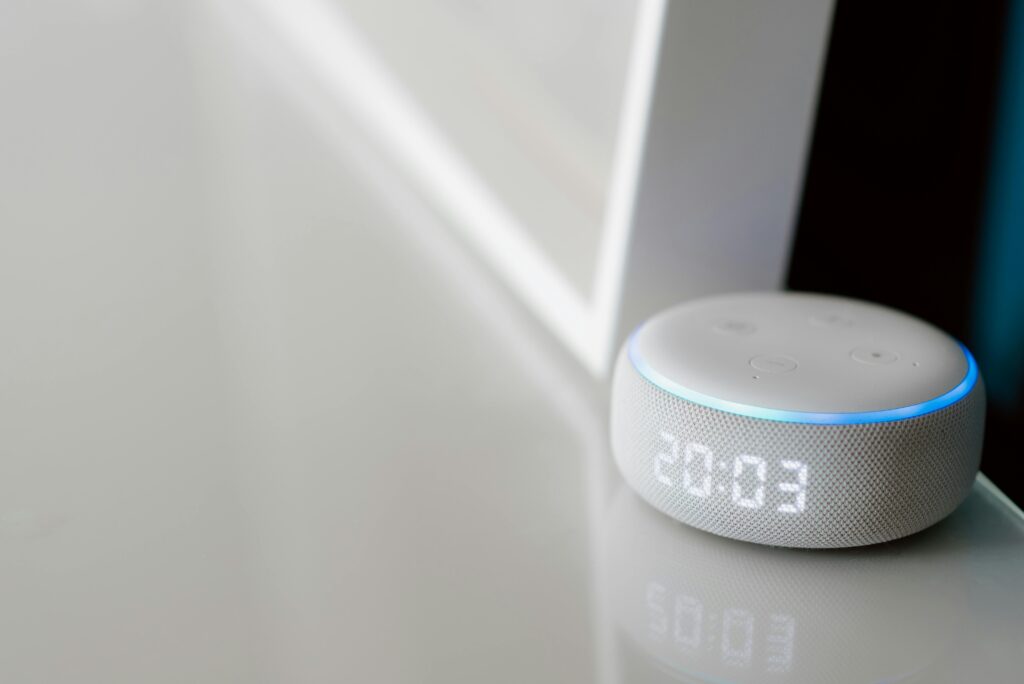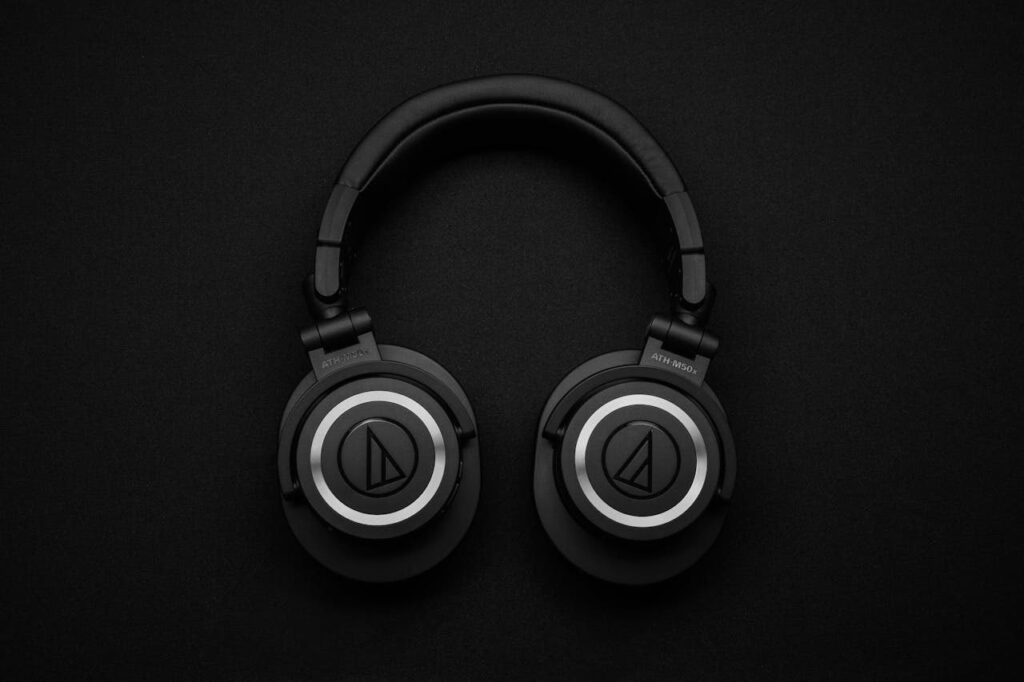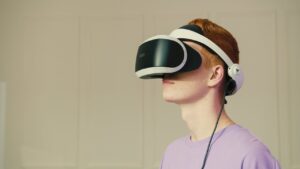Now Reading: New Medical Technology Set to Transform Patient Health Care
- 01
New Medical Technology Set to Transform Patient Health Care
New Medical Technology Set to Transform Patient Health Care
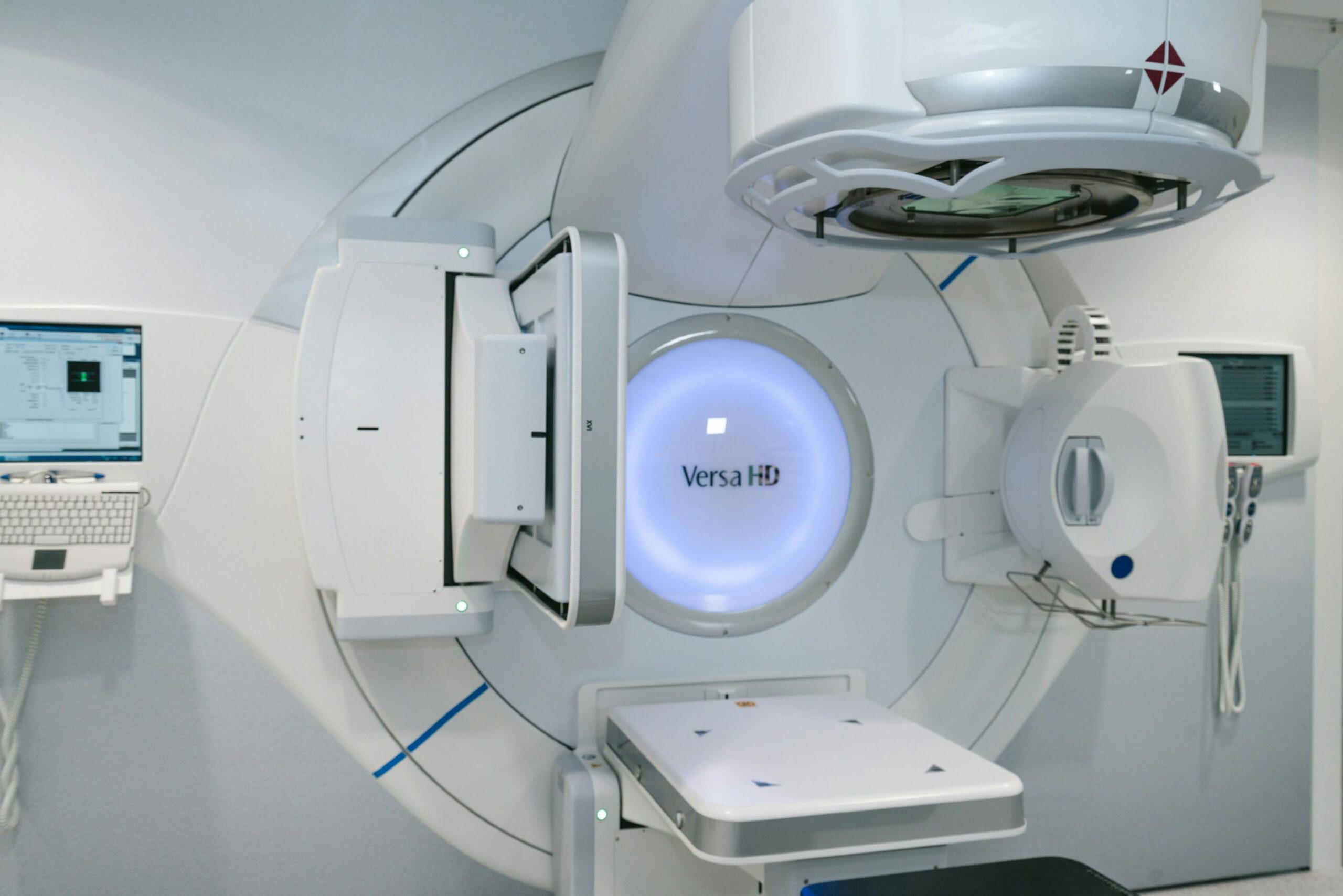
In today’s fast-paced world, innovation is touching every corner of our lives—and healthcare is no exception. New medical technologies are not just improving the way doctors treat illnesses, but they’re also reshaping the entire patient experience. New medical technology, from artificial intelligence (AI) to robotics and wearable devices, modern tech is helping health care become more efficient, accessible, and accurate.
Let’s dive into some of the most exciting advancements that are set to transform patient care for good.
1. AI: The Brain Behind Better Diagnoses
To begin with, artificial intelligence is making waves in hospitals and clinics. AI tools can now scan medical images like X-rays and MRIs to detect conditions such as tumors, fractures, or infections—often faster and more accurately than the human eye. For example, AI systems can identify early signs of cancer or heart disease, giving doctors a head start in treatment planning. As a result, patients receive quicker diagnoses and better outcomes.
2. Wearable Devices: Health Monitoring on the Go
Next, wearable health tech is empowering patients to take charge of their own health. Devices like smartwatches, fitness bands, and smart rings track vital signs such as heart rate, sleep patterns, and oxygen levels in real time. Even more impressive, some wearables can now detect irregular heartbeats or signs of stress before symptoms appear. Consequently, people can spot issues early and seek medical advice before conditions worsen.

3. Telemedicine: Healthcare Without Borders
Moreover, telemedicine has changed the game for remote and busy patients. Through virtual appointments, people can now consult doctors from the comfort of home using their smartphone or laptop. This is especially helpful for follow-up visits, mental health care, or routine check-ups. Thanks to secure video platforms and online prescription systems, telehealth is not just convenient—it’s also reliable and safe.
4. Robotic Surgery: Precision in Every Move
On the surgical side, robotic systems are enabling doctors to perform complex procedures with incredible precision. These robotic-assisted surgeries involve smaller incisions, less pain, and faster recovery times for patients. In fact, many hospitals now use robotic tools for operations like gallbladder removal, joint replacement, and even heart surgery. As this technology evolves, surgical outcomes are expected to become even more impressive.
5. 3D Printing: Custom Care, Printed On Demand
Another fascinating development is the use of 3D printing in medicine. This technology is helping create customized prosthetics, dental implants, surgical models, and even human tissue. By printing models based on a patient’s anatomy, surgeons can plan operations more effectively and reduce risks. In the future, 3D-printed organs could revolutionize organ transplants and reduce waiting times significantly.
6. Personalized Medicine: One Size No Longer Fits All
Furthermore, advances in genetics and molecular science have opened the door to personalized medicine. By analyzing a patient’s DNA, doctors can now predict how someone will respond to specific medications. This means treatments can be customized based on your unique genetic profile, leading to better effectiveness and fewer side effects. Personalized care is no longer a luxury—it’s becoming the new normal.

7. Virtual Assistants and Chatbots: Smart Support 24/7
Last but not least, AI-powered virtual health assistants are becoming common in clinics and healthcare apps. These smart systems can answer common medical questions, book appointments, and even remind patients to take their medication. While they can’t replace doctors, they certainly help lighten the load and improve the patient experience.
Final Thoughts
Without a doubt, these technologies are changing the face of modern medicine. Not only are they enhancing the quality of care, but they’re also making health services more accessible and patient-centered. As we move forward, expect to see even more intelligent systems, faster diagnoses, and personalized treatment options—bringing us closer to a future where healthcare works for everyone.
The medical technology revolution is already here. And for patients around the world, that’s very good news.
Curious about the future of health tech? Bookmark www.techanther.com — where innovation meets everyday care.
Stay Informed With the Latest & Most Important News
Previous Post
Next Post
-
 01iPhone 15 Pro Max: Everything You Need to Know Before Upgrading in 2025
01iPhone 15 Pro Max: Everything You Need to Know Before Upgrading in 2025 -
 02Top Affordable Android Phones with Exceptional Battery Life Performance
02Top Affordable Android Phones with Exceptional Battery Life Performance -
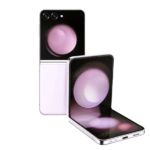 03Samsung Galaxy Z Flip5: Full Specifications & Price -2025
03Samsung Galaxy Z Flip5: Full Specifications & Price -2025 -
 04Best Budget Smartphones to Buy Under $500 This Year
04Best Budget Smartphones to Buy Under $500 This Year -
 05Top 5 Noise-Canceling Headphones for a Peaceful Experience
05Top 5 Noise-Canceling Headphones for a Peaceful Experience -
 06Understanding DeepSeek AI and Its Role in Modern Search Technology
06Understanding DeepSeek AI and Its Role in Modern Search Technology -
 07Top Streaming Devices That Make TV Watching Effortless and Fun
07Top Streaming Devices That Make TV Watching Effortless and Fun


